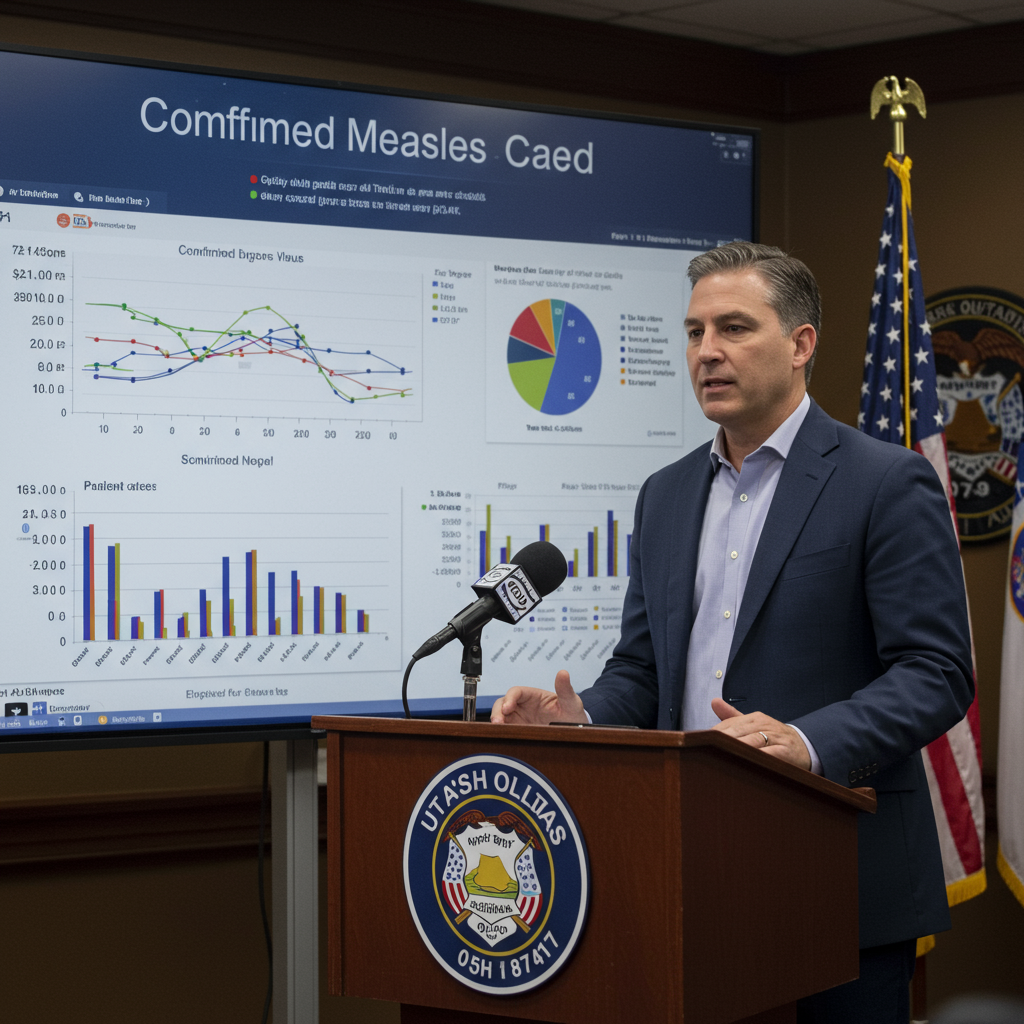UK Parliament Advances Assisted Dying Legislation
In a landmark decision, the UK Parliament has taken a significant step towards legalizing assisted dying for terminally ill adults in England and Wales. Members of Parliament (MPs) in the House of Commons voted in favour of a bill that could pave the way for one of the most substantial social policy changes in the country in generations.
The “Terminally Ill Adults (End of Life) Bill” passed its third reading in the Commons with a vote of 314 in favour to 291 against, securing a majority of 23. This outcome marks a crucial hurdle cleared for the controversial but widely debated legislation.
Key Provisions and Next Steps
The proposed law would grant mentally competent adults residing in England and Wales who have received a terminal diagnosis with a prognosis of six months or less to live the right to request medical assistance to end their lives.
Following this successful vote, the bill now moves to the House of Lords for further scrutiny and debate. While the unelected Lords can propose amendments and are expected to do so, they are generally reluctant to block legislation that has passed the elected House of Commons.
If enacted, this law would see the UK join a growing list of countries and jurisdictions, including Canada, Australia, New Zealand, and several US states, that permit some form of assisted dying.
An Emotional and Divisive Debate
The vote followed hours of impassioned debate on the floor of the House, featuring personal stories and reflecting the deep divisions within Parliament and society on the issue. Outside Westminster, both supporters and opponents gathered, reacting with cheers and silence as the result was announced.
Supporters argue that the bill offers dignity, compassion, and choice for individuals facing unbearable suffering at the end of their lives. They contend it provides a humane alternative to current distressing options such as travelling abroad (like to Switzerland), attempting suicide alone, or ceasing eating and drinking. Prominent advocates, including Labour MP Kim Leadbeater, who sponsored the bill, and terminally ill campaigner Dame Esther Rantzen, have emphasized that the legislation is about providing a choice on how to die when faced with inevitable death.
Opponents, however, voice serious concerns about the risks posed to vulnerable individuals, particularly the potential for coercion due—intentionally or unintentionally—to feeling like a burden on family or society. Groups like Care Not Killing have labelled the bill “deeply flawed and dangerous.” Critics across the political spectrum have also questioned the sufficiency of the proposed safeguards and raised anxieties about the potential impact on the state-run National Health Service (NHS), the relationship between doctors and patients, and whether focusing on assisted dying could detract from efforts to improve palliative care services nationwide.
Safeguards and Scrutiny
A key point of contention has been the evolution of safeguards within the bill. While an earlier version considered by MPs included a requirement for approval by a High Court judge for each case, the version passed by the Commons now requires approval from two doctors and an oversight panel comprising a social worker, a senior legal figure (such as a barrister), and a psychiatrist. Opponents argue this change represents a weakening of crucial protections since the bill was initially debated last November.
Despite these concerns, supporters like Kim Leadbeater maintain that the current safeguards remain among the strongest globally.
The debate also highlighted concerns about the limited parliamentary time allocated to scrutinise the bill, which was introduced as a private member’s bill. Critics argued that insufficient time was available to consider the numerous proposed amendments, especially for legislation with such profound ethical and societal implications.
Future Outlook
The vote saw MPs allowed a free vote, meaning they were not directed by party lines. Prime Minister Keir Starmer voted in favour, while Conservative leader Kemi Badenoch voted against the bill, despite having previously supported assisted suicide in principle but finding this specific bill inadequate.
While public opinion polls generally show high support for assisted dying in the UK, the narrower vote margin in the Commons compared to an earlier vote in November (330-275) was noted by some as suggesting ‘ebbing’ support among MPs.
Even if the bill successfully navigates the House of Lords, its provisions are not expected to come into effect until potentially 2029, allowing for a period of implementation and preparation. The journey ahead in the Lords promises further vigorous debate before this historic legislation can potentially become law.




